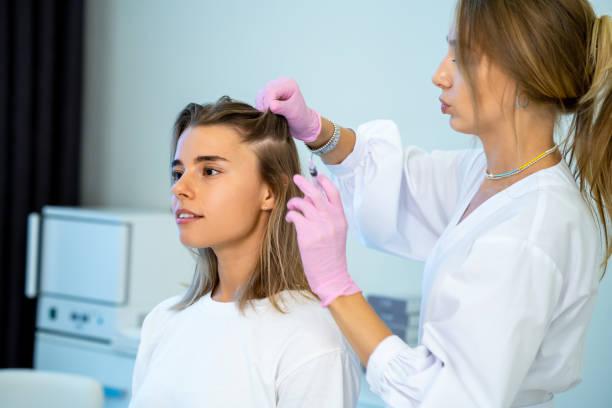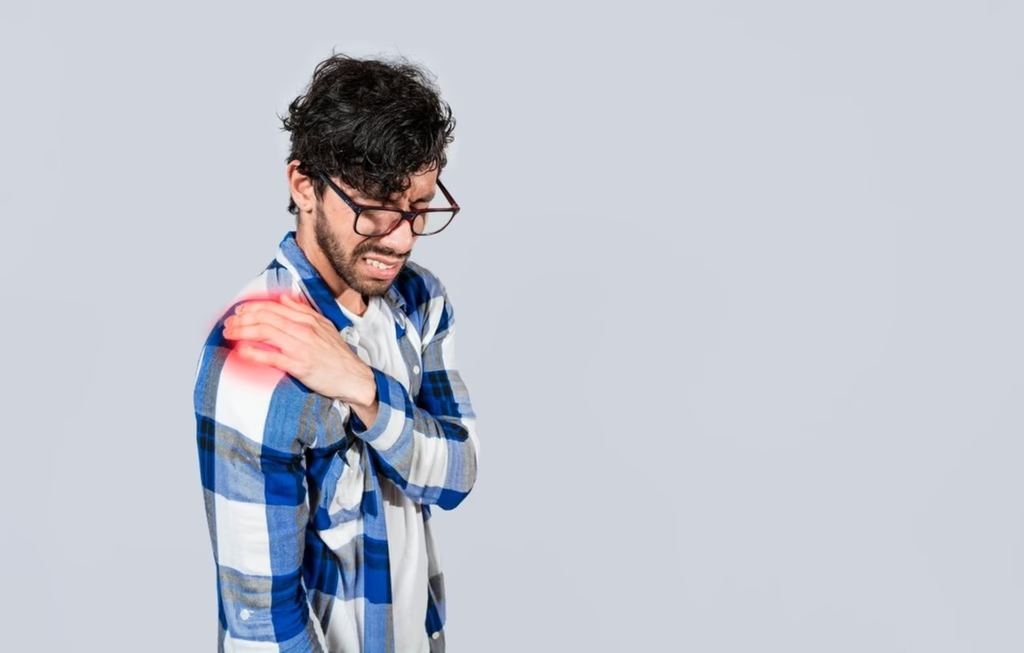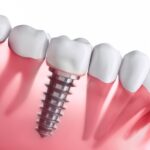Now Reading: Rogaine vs. Minoxidil: Which is Better for Hair Regrowth?
-
01
Rogaine vs. Minoxidil: Which is Better for Hair Regrowth?

Rogaine vs. Minoxidil: Which is Better for Hair Regrowth?
When it comes to treating hair loss, two names often come up: And Rogaine and minoxidil. But what do differ between them? Some people may be wondering whether they are he same or that one of them is better than the other. Well, let’s take the details to the basic level.
What is Minoxidil?
Minoxidil is a hypertensive drug which was initially developed to be employed in the treatment of hypertension. However, during clinical trials, researchers noticed that it had an unexpected side effect: It was believed that it made hair grow. This discovery thus resulted to the production of minoxidil as a hair regrowth treatment.
How Does Minoxidil Work?
Minoxidil work in a way that it widens the blood vessels of the scalp. It has been found that an extra flow of blood reaches the hair follicles and carries more oxygen and nutrition to the hair follicles helping in hair growth. It also pins down the anagen phase of hair growth cycle which means that the hair grows longer and with thickness.
What is Rogaine?
Rogaine is a point of sale brand name of hair regrowth medication that comes with the minoxidil as its working component. In other words, Rogaine is only one variety of this medication known as minoxidil on the marketplace. It was the initial topical brand that was approved by FDA for hair regrowth, and it has been used in the country since the year 1980.
How Does Rogaine Work?
Now you may be wondering how Rogaine is effective since it contains minoxidil, and it is actually effective in the exact same manner as minoxidil. This improves circulation of blood to the scalp, provide the hair roots with more nutrients and also helps to delay the cycle of hair regrowth. This results in healthier, therefore thicker and fuller hair after sometime.
Rogaine vs. Minoxidil: What’s the Difference?
The main difference between Rogaine and minoxidil is the brand name. Minoxidil is the generic name for the medication, while Rogaine is a specific brand that uses minoxidil. Here are some key points to consider:
- Active Ingredient:
Both Rogaine and minoxidil contain the same active ingredient, which is minoxidil. This means they work in the same way to promote hair growth.
- Brand Name:
Rogaine is a brand name owned by Kenvue, while minoxidil is the generic name that can be found in various brands.
- Formulation:
Rogaine comes in a foam or solution form, but other brands of minoxidil may offer different formulations as well.
- Inactive Ingredients:
The main difference between Rogaine and generic minoxidil might be in the inactive ingredients. Some people may prefer one over the other based on these differences.
Which is Better for Hair Regrowth?
Both Rogaine and minoxidil are effective for hair regrowth because they contain the same active ingredient. Here are some facts to help you decide:
Clinical Results: Studies have shown that minoxidil (and thus Rogaine) can regrow hair in a significant percentage of users. For example, one study found that 85% of men using Rogaine foam twice daily regrew hair after four months.
Ease of Use: Rogaine foam is often praised for being easy to apply and less messy compared to the solution form.
Cost: Generic minoxidil might be cheaper than Rogaine, but the effectiveness is the same.
Tips for Using Minoxidil or Rogaine
Apply Twice Daily: For best results, apply the treatment twice a day, once in the morning and once in the evening.
Be Patient: Hair regrowth takes time. It may take several months to see noticeable results.
Use Consistently: Consistency is key. Make sure to apply the treatment every day as directed.
Combine with Other Treatments: Some people find that combining minoxidil with other hair loss treatments, like finasteride, can enhance results.
Final Words
Whether you choose Rogaine or a generic minoxidil, you’re getting the same active ingredient that has been proven to help with hair regrowth. The choice between the two often comes down to personal preference and cost. Both are effective, and with consistent use, you can see improvements in your hair growth.


















